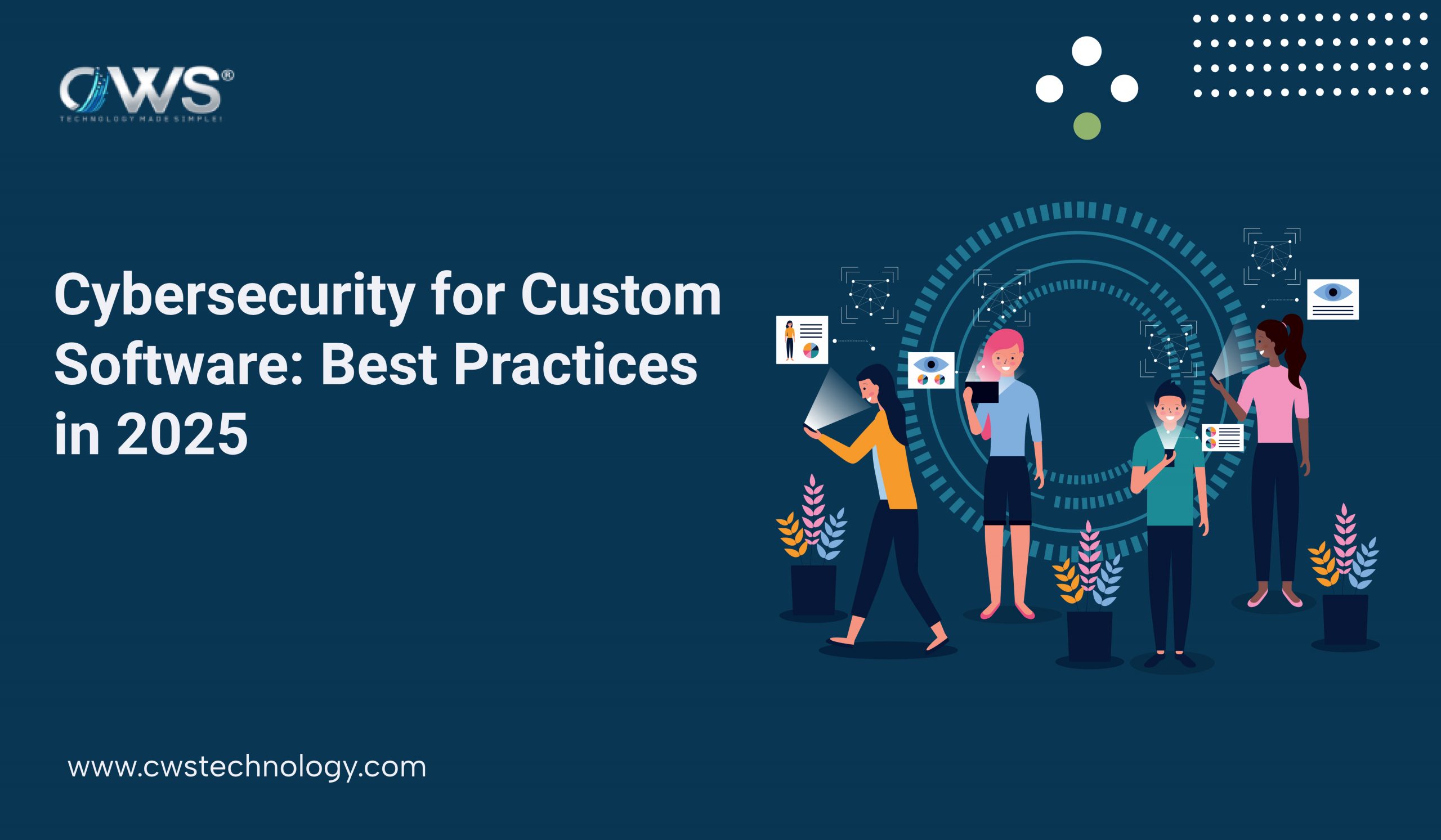Technology has always played a vital role in the financial services industry. From the introduction of ATMs and online banking to automated investments and cashless payments, technology has been a driving force behind the evolution of fintech in recent years.
This article will examine some of the most exciting technologies revolutionising the fintech industry, from artificial intelligence and blockchain to biometrics and crowdfunding. We’ll discuss how these technologies contribute to the changing landscape of financial services and what this means for consumers worldwide.
CWS technology is revolutionising the best software company by offering cutting-edge solutions that are shaping this thriving sector’s future. Their innovative approach focuses on critical areas. By leveraging AI and machine learning, CWS improves decision-making, streamlines process automation, and enhances customer experience.
Artificial Intelligence (AI) and Machine Learning
It’s no secret that Artificial Intelligence (AI) and Machine Learning (ML) rapidly transform how we interact with financial systems. AI and ML augment the financial industry’s capabilities, from automated portfolio management and personalised advice to full-blown investments and credit decisions.
AI and ML’s heart is the ability to make data-driven decisions. By using algorithms to identify patterns and relationships in data, AI and ML can help financial institutions make more informed decisions about lending, investments, risk management, and more.
Blockchain Technology
This technology enables peer-to-peer transactions without needing a third-party intermediary, making it much faster and more secure than traditional banking systems. But that’s not all—blockchain makes tracing and verifying financial transactions much more accessible.
Not only does blockchain provide a secure digital way for users to interact with each other, but it also offers several other benefits, such as:
- Reduced fees: Transactions are completed quickly with minimal costs since no third party is involved.
- Immutability: The data stored on a blockchain cannot be changed or tampered with. This makes it extremely difficult for criminals to commit fraud or steal money from users.
- Speed: Blockchain technology allows for near real-time processing of transactions, compared to traditional banking systems, which can take days or weeks.
APIs (Application Programming Interfaces)
Another emerging technology likely to continue impacting the FinTech industry is APIs or application programming interfaces. APIs allow different apps and services to share data and functionality between them.
What exactly do APIs do? Put simply, they allow different programs to communicate with each other, allowing you to access information more quickly and easily. For example, an API could allow a customer’s bank account details to be accessed for payments on a merchant website without manually entering them.
Why APIs Will Grow in Popularity
APIs are growing in popularity because they simplify processes and make it easier for customers to complete transactions using their current information. This helps FinTech companies provide users with an optimised and streamlined experience.
Another factor that makes API technology so attractive is its versatility—APIs can be used in any industry, from banking and financial services to healthcare, retail and manufacturing. As a result, APIs will continue to grow in popularity as the number of companies utilising the technology expands.
Cybersecurity Solutions
Regarding financial technology, you must recognise the importance of security. Knowing that your data is safe is something we worry about more and more in today’s tech-driven world, and the Fintech industry is no different. That’s why cybersecurity solutions increasingly play a significant role in pushing financial technology forward.
So what goes into a good cybersecurity solution?
Here are some technologies that make up a robust security platform:
- Multi-Factor Authentication: This process requires multiple pieces of evidence—like a password and a code sent to your smartphone—to verify that the user trying to access the system is you.
- Data Encryption: Encryption scrambles any information sent out to ensure an intruder can’t read it.
- Artificial Intelligence (AI): AI allows computers to operate independently and analyse trends, recognise patterns and detect suspicious behaviour, reducing the potential for fraud or hacking attacks on your data.
By combining these technologies with other measures like secure networks, firewalls and anti-virus software, companies can ensure that their customers’ financial data stay safe from prying eyes—and give both customers and developers peace of mind when it comes to security within the Fintech industry.
Conclusion
In conclusion, we have seen the many technologies shaping the future of FinTech and the way we interact with money, from cloud-based systems to AI-driven user interfaces and beyond. All these contribute to the ever-evolving world of financial services, bringing more security and convenience to traditional banking and other financial services.








